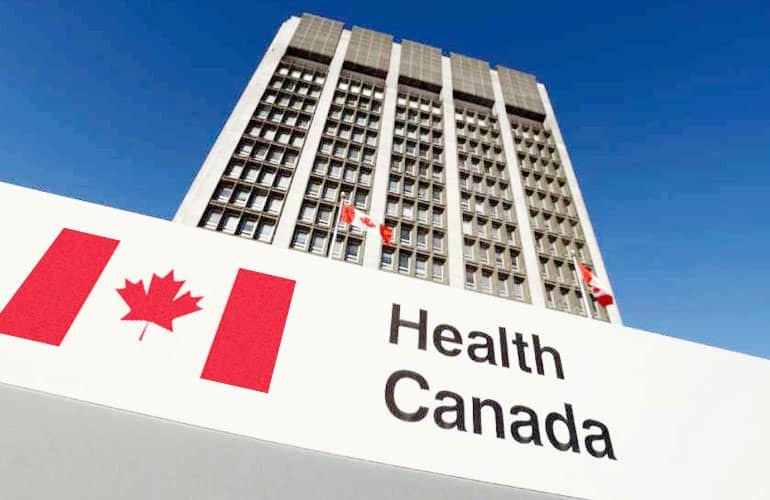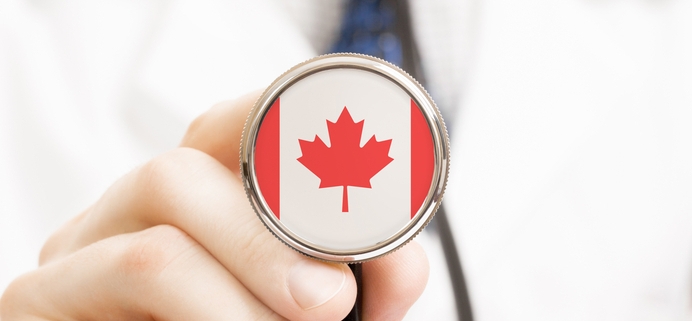
Table of Contents
As the number of devices continues to grow, tracking and identifying them becomes a challenge, which is why the Unique Device Identification (UDI) system was established.
The UDI system is a globally recognized method of uniquely identifying medical devices, making it easier to trace and recall devices if necessary.
Canadian Regulation for Medical Devices
In Canada, the regulation of medical devices is overseen by Health Canada.
The regulatory framework is based on the Canadian Medical Devices Regulations, which outline the requirements for the sale, import, distribution, and manufacturing of medical devices in the country.
Under that, medical devices are classified into four classes (Class I, II, III, and IV) based on the potential risks associated with their use.
Class I devices have the lowest risk, while Class IV devices have the highest risk.
The classification determines the level of scrutiny and regulatory requirements imposed on the manufacturer.
Tomarket a device in the Canadian market,, manufacturers must obtain a Medical Device Establishment License (MDEL) from Health Canada for class 1 devices & Medical Device License (MDL) for class II, III & IV.
Medical Device Registeration in Canada
To register a medical device in Canada, manufacturers must follow a step-by-step process outlined by Health Canada. Here is a general overview of the registration process:
Determine the device class: Identify the appropriate classification of the medical device. based on the risk level associated with its use.
Compile the necessary documentation: Prepare technical and scientific information about the device, including its intended use, design specifications, manufacturing processes, and clinical evidence.
Submit the application: Complete the appropriate application form provided by Health Canada and submit it along with the required documentation and fees.
Review and evaluation: Health Canada reviews the application and conducts a thorough assessment of the device’s safety, efficacy, and quality.
License issuance: If the device meets all regulatory requirements, Health Canada grants a Medical Device License (MDL) to the manufacturer, allowing them to market and sell the device in Canada.
| Class | Approval Process |
| Class I | The device must acquire MDEL certification The device required an application for registration with an applicable fee. Administrative review is not required |
| Class II | Devices must comply with ISO 13485 certification & Quality management systems (QMS) |
| Class III | The devices must acquire MDL certification |
| Class IV | The device requires an application that includes supporting documents, A declaration of conformity with an applicable fee
Administrative review is required |
What are the potential changes to Canadian medical device regulations?
Health Canada is considering several potential changes to the medical device regulations to enhance patient safety, streamline the approval process, and align with international standards. Some of the key changes being discussed include:
The joint pilot between Health Canada and the FDA
The FDA and Health Canada are working together on a pilot project announced on January 10, 2023.
The usage of a single eSTAR submitted to the FDA and Health Canada is being tested during the pilot.
The non-In Vitro Diagnostic eSTAR, which is used by chosen participants, is structured in accordance with the IMDRF Non-In Vitro Diagnostic Device Market Authorization Table of Contents (nIVD MA ToC).
Proposed changes to the Medical Devices Regulations to address future public health emergencies
Additionally, Health Canada is exploring ways to collaborate and share information with international regulatory agencies, manufacturers, healthcare professionals, and patient advocacy groups.
This would facilitate the exchange of knowledge and best practices, allowing for better decision-making and regulatory alignment.
By promoting transparency and information sharing, Health Canada aims to create a more open and accountable regulatory environment, fostering trust and confidence in the medical device industry.
Conclusion
The potential changes to Canadian medical device regulations are designed to improve patient safety and strengthen the regulatory framework.
The proposed enhancements are crucial steps toward achieving these goals.
All stakeholders should stay informed and participate in discussions and consultations to ensure that the regulations strike the right balance between patient safety, innovation, and market access.
By working together and embracing these changes, Canada can foster a robust medical device ecosystem that prioritizes patient well-being and facilitates access to innovative and effective medical technologies.
How Can RegDesk Help?
RegDesk is a holistic Regulatory Information Management System that provides medical device and pharma companies with regulatory intelligence for over 120 markets worldwide. It can help you prepare and publish global applications, manage standards, run change assessments, and obtain real-time alerts on regulatory changes through a centralized platform. Our clients also have access to our network of over 4000 compliance experts worldwide to obtain verification on critical questions. Global expansion has never been this simple.


